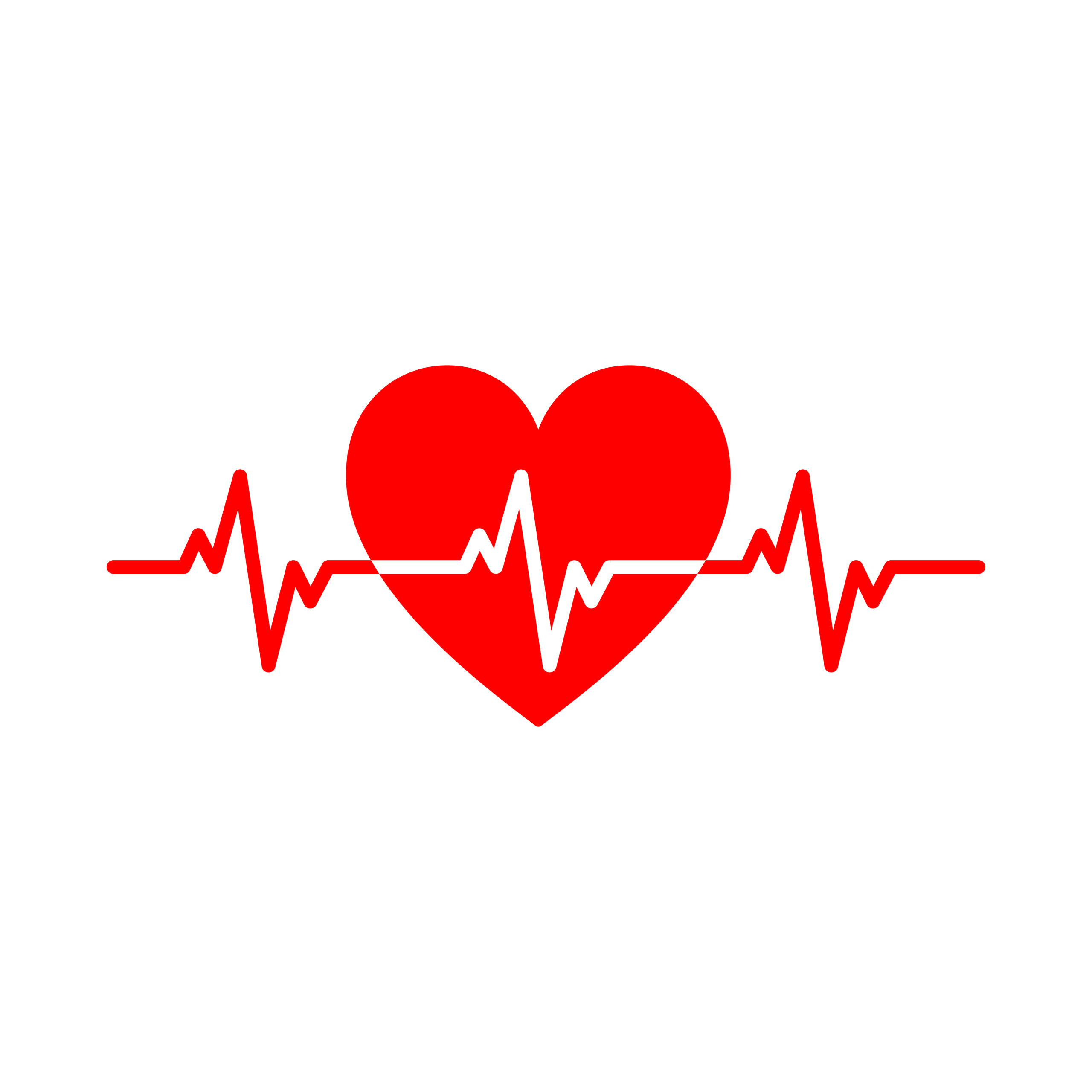

If you have other symptoms along with a slow heart rate such as dizziness, fainting, fatigue, confusion or shortness of breath, see your health care provider. Medications, sleep apnea, fitness level, an underactive thyroid, hypothermia, anorexia or a disorder affecting how electrical impulses travel through your heart are some of the causes of a slow heart rate. That, too, can be caused by several different factors. Instead of a consistently fast heart rate, say yours is often under 60 beats per minute. Left untreated, these conditions could lead to heart failure. Atrial fibrillation, atrial flutter and supraventricular tachycardia are all conditions in which the heart beats faster than normal or at an erratic pace. However, if your heart rhythm is irregular, the question of whether you need to be concerned depends on what’s causing it.

What’s driving your heart rate up could be dehydration, anxiety, fever, medications, anemia, sleep deprivation, an overactive thyroid or another issue. If your heart rhythm is regular and yet you have a fast heart beat - over 100 BPM - your high pulse rate likely isn’t heart-related. It could be regular, irregular, fast or slow.Ī health care provider can tell if your heart rhythm is regular by listening to your heart with a stethoscope or examining an electrocardiogram or EKG, a test used to evaluate the heart. Your heart muscle contracts and relaxes in a certain pattern. That includes caffeine and other herbal and medicinal stimulants.īesides the rate of your heartbeat, your heart’s rhythm is another indicator of whether your heart is healthy. A normal pulse or heart rate is between 60 and 100 beats per minute (BPM) taken when you’re not exercising, known as your resting heart rate.Īnything that causes increased stimulation, whether physical or emotional, could increase your heart rate. If you haven't exercised before, or haven't for some time, see our Live Well section to read about the benefits of exercise and how much exercise you should be doing.Heart attack? Panic attack? The symptoms can be similar.Ī fast-beating heart may be concerning or it could just be anxiety, which can come and go. Read more from the British Heart Foundation on what your target heart rate should be when exercising. A heart rate monitor is also useful for recording your heart rate when resting and during exercise.Īerobic activities such as walking, running and swimming are good types of exercise because they increase your heart and breathing rates. If you check your pulse during or immediately after exercise, it may give an indication of your fitness level.
Normal heartbeat rate how to#
See a GP to get checked if you think your heart rate is continuously above 120bpm or below 60bpm, although it may simply be that this is normal for you.įind out more about how to check your pulse on the British Heart Foundation (BHF) website. For example, athletes may have a resting heart rate of 40 to 60bpm, or lower. The fitter you are, the lower your resting heart rate is likely to be. Most adults have a resting heart rate between 60 and 100bpm. See a GP if you're worried about your pulse. This is more likely if you're 65 or older. It's very common to have occasional irregular heartbeats, such as missed beats.īut an irregular pulse can be a sign of a heart condition, like atrial fibrillation (AF), an irregular and often abnormally fast heart rate. You can also check if your pulse is regular or irregular by feeling its rhythm for about 30 seconds. This gives you your heart rate – the number of times your heart beats per minute (bpm). count the number for 30 seconds and multiply by 2.

Normal heartbeat rate skin#
press your skin lightly to feel your pulse – if you can't find it, try pressing a bit harder or move your fingers around.press your first finger and middle finger to the side of your neck, just under your jaw and beside your windpipe – don't use your thumb.press your skin lightly until you can feel your pulse – if you can't find it, try pressing a little harder or move your fingers around.press the first (index) finger and middle finger of your other hand on the inside of your wrist, at the base of your thumb – don't use your thumb as it has its own pulse.hold out one of your hands, with your palm facing upwards.You can find your pulse in your wrist or neck. To get your resting heart rate, you need to have been sitting still before checking your pulse. Your heart rate varies depending on what you're doing – for example, it will be slower if you're sleeping and faster if you're exercising. You can check your heart rate by taking your pulse and counting how many times your heart beats in 1 minute (60 seconds).


 0 kommentar(er)
0 kommentar(er)
